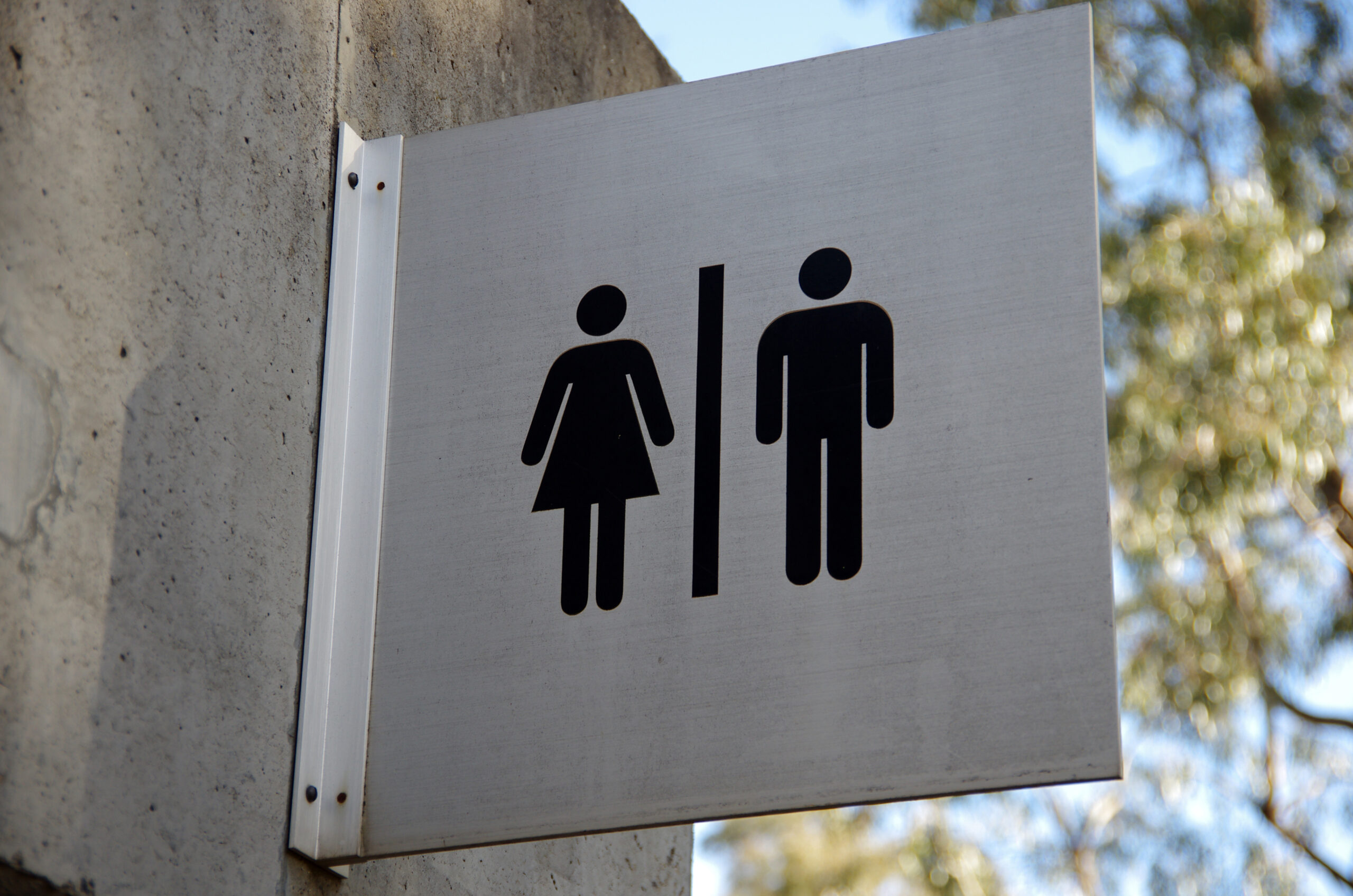
Utah has officially joined 10 other states to regulate bathroom access for transgender individuals after Republican Governor Greg Cox signed a law into effect requiring people using bathrooms and locker rooms in public schools and government-owned buildings to use the one that corresponds with their sex assigned at birth.
“We want public facilities that are safe and accommodating for everyone and this bill increases privacy protections for all,” Cox said in a statement on Tuesday night.
The bill passed the Republican-controlled Senate on Jan. 26.
Ten other states including Alabama, Arkansas, Florida, Idaho, Iowa, Kansas, Kentucky, North Dakota, Oklahoma and Tennessee have passed laws regulating bathroom usage.
The Utah bill also requires new government buildings to include single-occupant bathrooms. It also asks that the state incorporate more restrooms to promote privacy in existing building, however did not providing any funding to do so.
The American Civil Liberties Union (ACLU) of Utah urged the governor to veto the measure, arguing that behavior is the problem and not transgender individuals.
“This bill perpetuates discrimination, needlessly imposes barriers to the everyday needs of people in Utah, and risks harmful and discriminatory enforcement against transgender, non-binary, and gender non-conforming people,” Utah’s ACLU said in a statement.
Republican Rep. Kera Birkeland, the bill’s sponsor, said the effort was make it illegal for naked men to be in bathrooms with young children, referring to an incident Salt Lake County where authorities said they couldn’t act because the man was transgender.
“Nobody I know cares if a transgender woman comes into their bathroom, uses it for its intended purpose and walks out,” Birkeland said. “That is not what this bill is about.”
Under the law, violators could be charged with loitering, lewdness or voyeurism, depending on their behavior, as well as trespassing, if “the individual enters or remains in the changing room under circumstances which a reasonable person would expect to likely cause affront or alarm to, on, or in the presence of another individual.”



